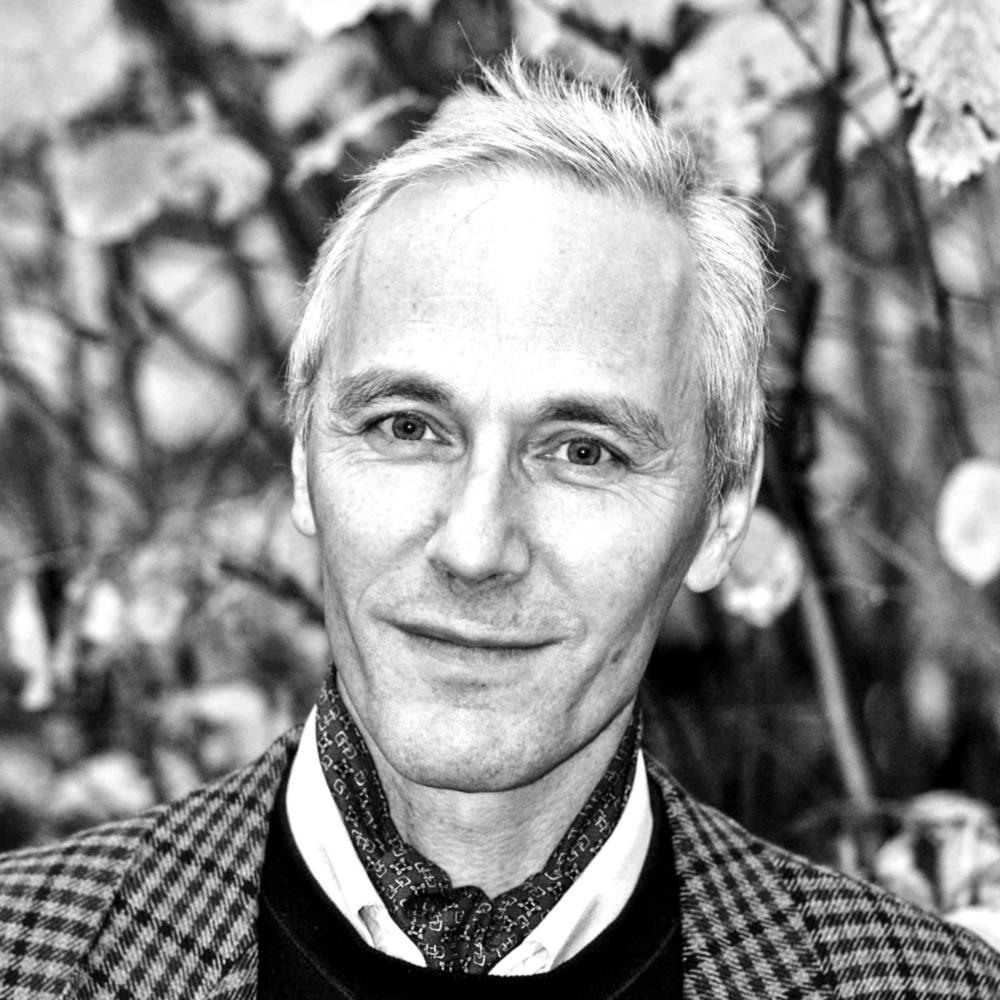Johannes Kühl retires as Section leader
After 23 years in office, Johannes Kühl has stepped down from his leadership of the Natural Science Section at the end of 2019. He was the longest serving member of the Goetheanum Leadership. Following the motto ‹First anthroposophy, then natural science› he was committed as a physicist and teacher to the anthroposophical life and to the School of Spiritual Science.
At the end of last year Johannes Kühl spoke to the Goetheanum staff about his time as the head of the Natural Science Section. As a student he worked at the Max Planck Institute in Göttingen (DE), where he and six other anthroposophically interested students as well as the Institute’s director, Ernst-August Müller, studied Rudolf Steiner’s natural-scientific courses together.
From experimentation to meditation
Ernst-August Müller was a faculty member of the Natural Science Section and he tended to talk to his students about the work that was done there. «The research we do here in Göttingen, that is the Section.» This comment had shown him, Johannes Kühl, that the work of the Section needed to be thought of as broad and international.
The three aspects of the School of Spiritual Science then became a driving force for him: research from experimentation to meditative deepening, the relationship with colleagues, locally and worldwide, and the representation of anthroposophy. The Natural Science Section was lucky, he pointed out, to have its own research institute.
He only just started working at the Goetheanum when he had direct experience of what it meant to represent anthroposophy, because Johannes Wirz, the Section’s biologist, organized a conference («Ifgene») together with other biologists that promoted the dialogue between spirituality and gm technology. The goal of the conference was to establish contact with people who worked actively in genetic engineering. In the same year, 1997, a major conference on bees had set the whole Goetheanum ‹humming›.
The institute itself was also a place of research. Jochen Bockemühl, for instance, presented studies and exercises on the imaginative experience of landscapes, and Georg Maier conducted in-depth studies in optics. The study of genetics resulted in Craig Holdrege’s book Genetics and the Manipulation of Life – the Forgotten Factor of Context. Many years later, Johannes Wirz published his study on Seeds as a Commons in which he presents ideas on how natural science can promote the social life. Johannes Kühl himself had worked intensively on atmospheric colour phenomena, how they appear in the rainbow, for instance, and how they relate to Goethe’s Theory of Colours.
Over the last ten years Matthias Rang has been able to develop the work on colours to a level that resulted in important publications and several exhibitions. As part of all this research contacts were established both with the public and with academic circles.
Collaboration and appreciation
While one generation earlier it had been mainly individual personalities who achieved important results in the anthroposophically inspired natural science, establishing collaboration and achieving mutual appreciation was probably easier today, Kühl said. This was apparent in the Section’s Evolving Science colloquia. The same collegiality had grown increasingly in connection with other Sections of the School of Spiritual Science and within today’s Goetheanum Leadership group.
Johannes Kühl expressed his gratitude for having had the opportunity to be part of this development and to devote such a large part of his life to the Goetheanum.
As announced previously, Matthias Rang and Johannes Wirz will lead the Natural Science Section together from January 2020.

